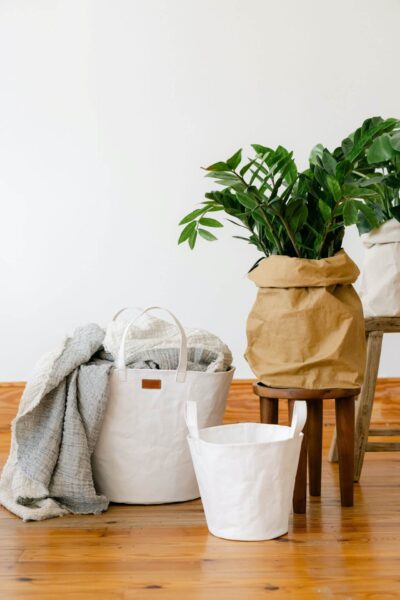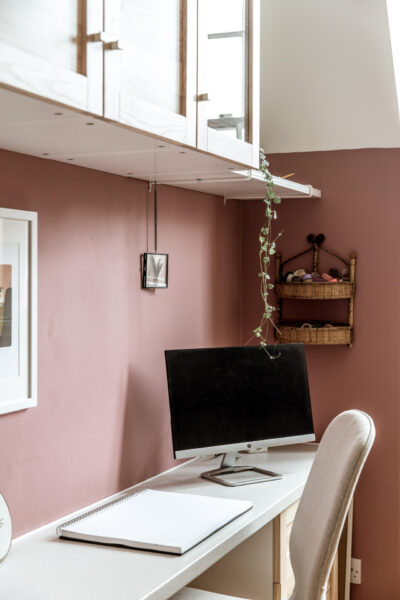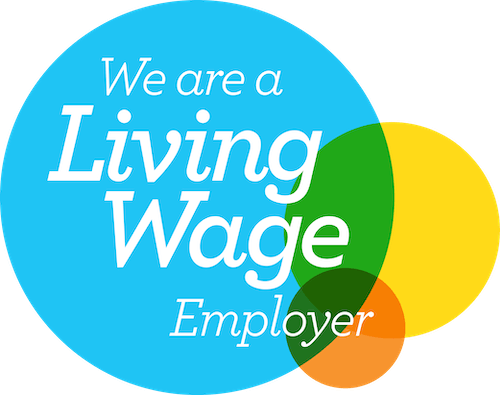Edit: This post was written in 2017 and so, contains some outdated information about Studio Cotton including services that we no longer offer. As always with older posts, please remember to read them with a pinch of salt.
So you run a small business with a lovely website, and you’ve been reading up a little bit on how to rank higher with search engines like Google. You’ve probably picked up on the phrase ‘keywords’ or ‘key terms’, and know that you defo, defo need these.
You probably also don’t quite know what they are.
Well. There’s no big scary science behind it, they’re just words or short phrases that are related to your business. In an ideal world, when some searches on Google for one, or a combination of, these keywords, you’re website will appear in their search results.
The wrong keywords
There’s a buttload of articles out there on picking the right keywords, and some are full of helpful information. If you’ve read these articles, I want you to now forget everything you saw. *poof*
Like everything to do with search engine optimisation (SEO), picking your keywords is not hard, it’s just logical, and it is very important. Before you start, you want to want to have two things in mind:
- Would the person I want to attract be searching for this word or phrase?
- Does is really apply to my business?
When it comes to point one, this is really about weeding out the so-called guff words. Ok, I was the one who came up with that term, but hear me out. Guff words are pointless, ambiguous terms that real people either don’t use, or don’t need.
Think of any word that could be a team name on The Apprentice, or moniker of a hip recruitment agency. Synergy, Innovate, Kinetic, Tenacity, Ambition. These are all guff words. Unless your brand name actually contains one of these words, people aren’t going to be searching Google for them and trying to find you.
Then there are the guff words that are so bland and generic, that they can apply to literally anyone. Solutions. Digital. Engage. Forward-thinking. Bleugh. Everyone business provides solutions, most involve digital, and of course they should be forward-thinking. What’s the alternative – non-thinking? Backward-thinking?
If you have a crossover between guff words and keywords. You’re setting yourself up for disappointment. It’s unlikely that you will rank highly for these terms, so don’t waste effort and resource when there’s much, much better options.
Picking the right keywords
If you skimmed over the last section, I don’t blame you – I used the word guff at least 5 times, so my mother would be very disappointed. The good news is that I’m about to tell you how to develop the only keyword list* you will ever need.
I’m going to use our lovely little brand, Studio Cotton, for a real life example.
Brand keywords
Ok, this one sounds obvious but is one of the most often forgotten. The perfect place to start! You want to appear on Google for your own brand name, so that goes on the list. If you’re a small business, you probably want to rank for your own name too, after all it’s one of the reasons people buy from you.
- Studio Cotton
- Aime Cox
- The Light Photography Studio
Boom! That’s it, I only have 3 brand keywords and that’s plenty.
Location keywords
Most online searches include some sort of location, either typed in by the searcher or assumed based on their location according to Google. So help Google out and talk about where you are, and where you sell. Remember that location can be really wide, and really small. Think about what’s close to you, as searchers may use local landmarks for reference, and these also help with name recognition.
- Bristol
- London
- Southville
- Clifton
- Gloucester Road
- St Augustine’s Parade
- The Hippodrome
- North Street
Notice how I left ‘city centre’ and ‘the fountains’ off my keywords, even though they’re very relevant to my location. That’s because these are guff words.
Products and/or service keywords
This group of keywords relates directly to what you offer clients and customers. It could be art prints, grass cutting, scones or meeting room hire. It could be multiple things. Just bear in mind that the more defined your list is, the easier it is to manage and implement.
- Website design
- Social media
- Photography
- Studio hire
- Search engine optimisation
- Marketing
- Branding
- Logo design
- Mentoring
Mentoring is on the cusp of guffiness, but it is a key service that we offer and the best seller. For me, this means that I’m conscious with this particular term to be as specific as possible when using in a sentence, e.g. social media mentoring for small business owners.
You can also start to see how we bring together different keywords to create phrases that are just so, so damn sexy for Google.
Campaign keywords
The last 3 types of keyword will rarely change, which is pretty ballin’ as it means you’ll never need to do this exercise again. In the last year of Studio Cottoning, we’ve added ‘The Light Photography Studio’, ‘Studio hire’ and increased emphasis on ‘photography’ as we’ve expanded. That’s it.
Campaign keywords are a little different, because these change and evolve depending on your immediate business objective. Stay with me here. This is where that asterisk all the way in the introduction comes in too.
It could be that you want to push a specific product, launch a new collection, have a sale, promote an event or put out the feelers to a new target audience. You might have a couple of campaigns running concurrently, but again – don’t stretch yourself too thin. Diluting resource and budgets across multiple projects makes it less likely that you’ll achieve any of your objectives.
Here’s our keywords for the launch of our new photography studio.
- Professional photographers
- Photographers
- Photography studio
- Brand styling
- Product photography
- Etsy
- Illustrators
- Small business
- Start ups
Campaigns can be super small too, in an ideal world right now I’d be writing something about hiring a photography studio to help with my search engine optimisation, but instead I’m banging on about keywords. That kinda makes this blog article it’s own campaign (as I want people to read it), so I can make my own list of keywords for it.
- Keywords
- Search engine optimisation
- SEO
- Small business
- Etsy
- Rank
Rank is another cusp-of-guffiness word, but it’s really important and relevant when talking about search engine optimisation that it gets a pass.
I’m now going to help you out with some lovely keywords for your next campaign. Most Studio Cotton clients and friends will be attending at least one gift fair this Christmas, and they probably should be talking about it. They definitely should be talking about it. So add some of these to your list:
- Christmas
- Gift fair
- Made in Bristol
- Colston hall
- Bath Christmas market
- Architecture Centre
- Tobacco Factory
- Local business
- Bristol business
- Shop local
- Shop small
- Local Christmas presents
There’s loads more, but hopefully this helps you get started!
How to use your sexy new keywords
Put. Them. Everywhere. Your keywords are the terms you should be ranking for, because they’re the terms that describe who you are and what you do.
Go through your website now and pop them in as often as possible – deleting all those guff words along the way. Amend headings, introductions, product descriptions, blog posts. Check out easily neglected spots like contact pages.
Think of every word on your website as an opportunity to add another keyword, including those that website visitors can’t necessarily see too. Image names, alt tags, page descriptions – if your website allows you to add text somewhere, then add in some sexy, sexy keywords.
BUT
Always sound like a human, and remember that copy still needs to work in the right context.
Changing the title of a page from “Best sellers” to “Best selling art prints by Sally Smith available this Christmas at the Colston Hall Gift Fair by Made in Bristol. Illustration and art created in Redfield, South Bristol” is overkill. That text would make an excellent page description, or introduction – but it is waaaaaaay too long for a title. Something like “Our customers favourite art prints” would be much better.
I always start out these blog articles intending to be incredibly concise, and just help you to get another task off your never-ending marketing list. I’m sorry, I failed again.
Hopefully, I failed because not only do you now have a list of sexy, relevant keywords, but you understand why you have them, why you’re using them and how to put them into place. Plus, you forgot all those articles at the beginning of this blog post, so if anything we’ve freed up some room for more lovely small business marketing advice from Studio Cotton.
Peace out.























